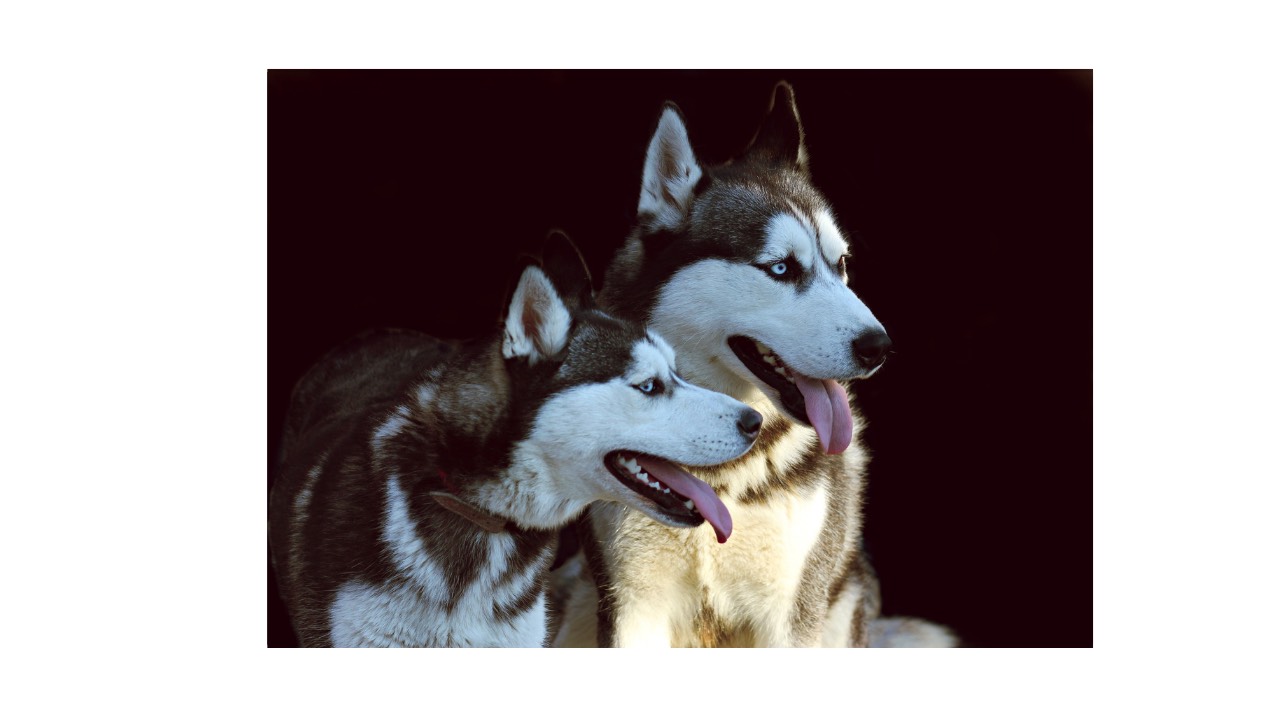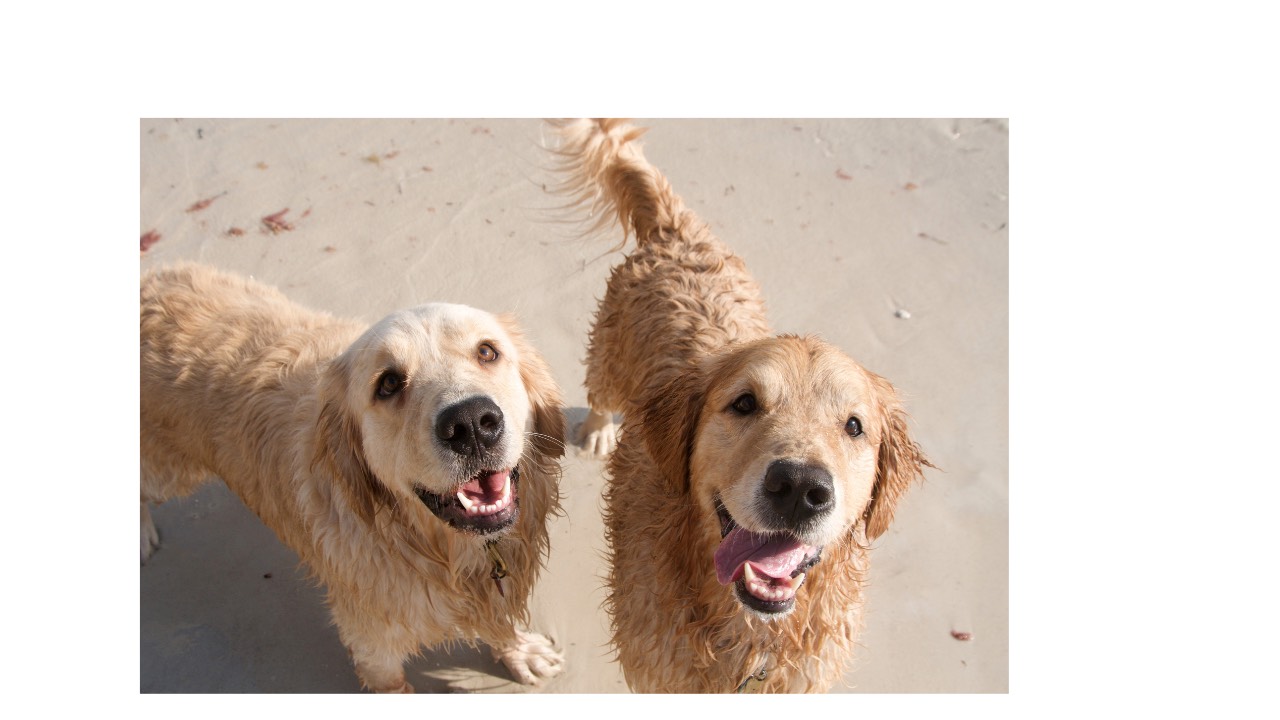FAQ: What Do Dog Trainers Do?
Apr 06, 2024What Do Dog Trainers Actually Do?
(Hint: It’s about so much more than teaching “Sit”)
When you think of a dog trainer, you might picture someone in a park tossing treats while a happy dog trots along beside them. And yes, that happens—but the reality is that professional dog trainers wear a LOT of hats.
If you’re thinking of becoming a trainer, or you’ve just wondered what goes into the job, let’s pull back the curtain and see what a day in the life really looks like.
1. Creating Custom Training Plans
A big part of a dog trainer’s job is working with owners to design training programs that are tailored to each dog’s needs. No two dogs are alike, and neither are their humans!
A good trainer will:
-
Listen to the owner’s goals and concerns
-
Assess the dog’s personality, history, and learning style
-
Create a plan that fits the dog’s age, breed tendencies, and household routine
Whether it’s a puppy learning the basics or an older dog working through reactivity, the training plan is always individualized.
2. Identifying & Solving Behaviour Challenges
Dogs sometimes have behaviours that frustrate their humans—like jumping on guests, barking excessively, or pulling on leash. Trainers are problem-solvers who:
-
Pinpoint why the behaviour is happening
-
Address the underlying cause, not just the symptom
-
Use positive reinforcement to teach alternative behaviours
This isn’t just about “fixing” a dog—it’s about helping the dog succeed in their world.
3. Teaching People as Much as Dogs
A huge (and often surprising) part of the job is teaching people. In fact, you might spend more time working with the humans than their dogs!
Trainers help owners:
-
Understand dog body language
-
Communicate clearly and consistently
-
Set realistic expectations and boundaries
-
Build a trusting, loving relationship with their dog
4. Staying Current with Canine Science
The best trainers are always learning. Canine behaviour science evolves, and professional trainers keep their skills sharp by:
-
Taking advanced courses
-
Attending workshops and conferences
-
Networking with other trainers
-
Reading the latest research
5. Making Training Fun!
Training should be rewarding for everyone. Professional trainers use:
-
Treats and toys as motivation
-
Games that turn learning into play
-
Praise and encouragement to build confidence
When the dog and owner are both having fun, progress comes faster.
Why Good Dog Academy is the Place to Start
At Good Dog Academy, our Professional Pet Dog Trainer Certificate Program is designed to give you all the tools, skills, and knowledge you’ll need to do this work professionally and confidently.
You’ll learn how to:
-
Create custom training plans
-
Understand and modify behaviour humanely
-
Teach both dogs and people
-
Build your business in the dog training industry
Our program is science-based, force-free, and comprehensive, so when you graduate, you’re not just “someone who likes dogs”—you’re a qualified professional ready to make a difference in the lives of dogs and their people.
🐾 Ready to turn your love of dogs into a fulfilling career?
Enrol in the Good Dog Academy Professional Dog Trainer Certificate Program and start your journey today!





